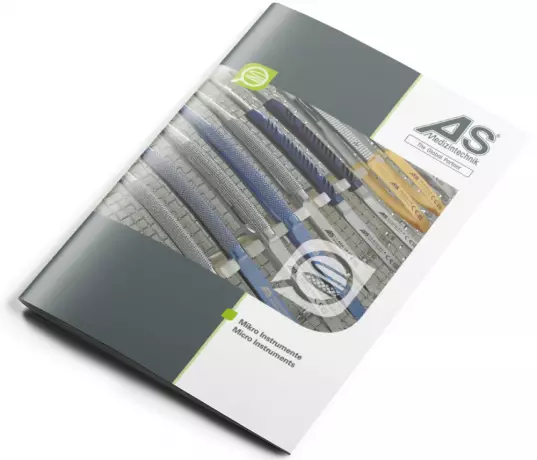
Micro needle holders, scissors and forceps are required for modern and state of the art micro discip...
Portal and digital medical technology fair of the largest MedTech cluster in Germany

Micro needle holders, scissors and forceps are required for modern and state of the art micro discip...
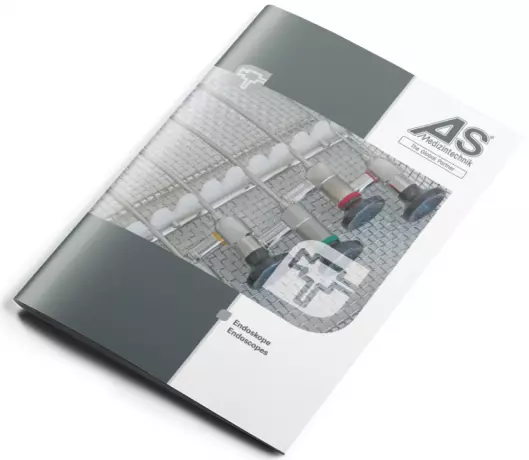
Endoscopes that can be used in different...
Sinuscopes, otoscopes, arthroscopes, cystoscopes, laparoscopes, hysteroscopes, thoracoscopes, bronch...
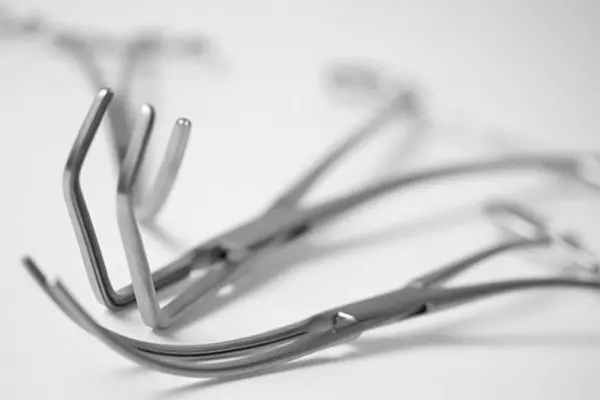
Many physicians and surgeons all over the world are using our products and rely on our products&rsqu...

Spine - Instruments & Implants
We develop, optimise and manufacture a variety of spinal implants and instruments (e.g. pedicle scre...
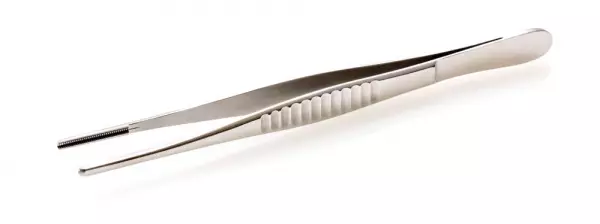
Instruments for cardiac surgery / heart forceps
HEART SURGERY Heart surgeons are becoming ever more important as demographics change. In contrast...
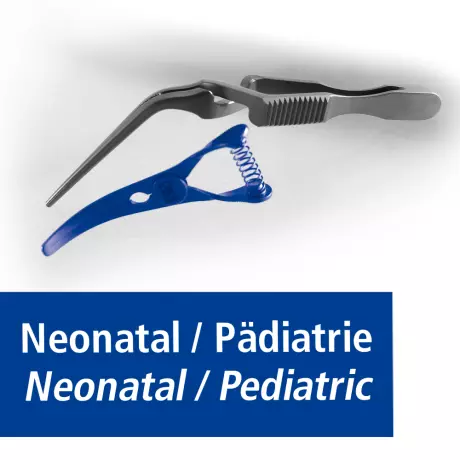
Cardiovascular instruments Neonatal - instruments...
Neonatal - instruments for newborns, children and teenagers Thanks to more advanced treatments th...
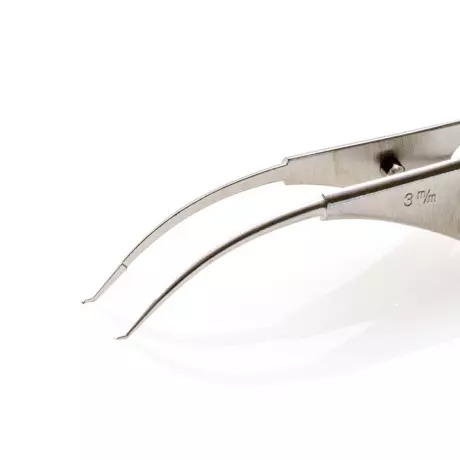
DEVELOPMENT OF SURGICAL INSTRUMENTS
CUSTOMIZED INSTRUMENTS DMost instruments in surgery technology have a very long life cycle. Howev...
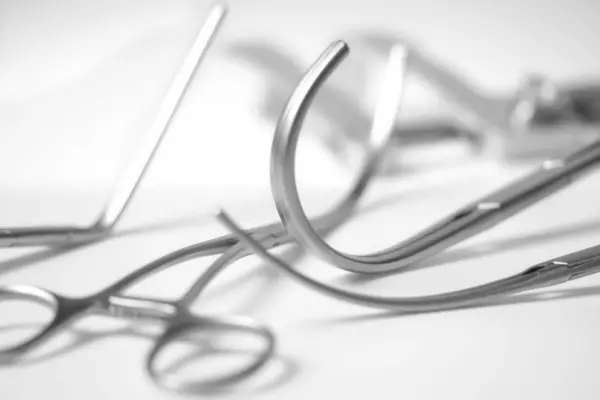
Cardiovascular and thoracic surgery
With the many years of experience in the production of high-quality instruments DIMEDA Instrumente G...

If you have been diagnosed with a heart or lung condition, you may be considering thoracic vascular surgery. These procedures can improve a patient's condition and quality of life. Patients who undergo these procedures usually spend one or two nights in the hospital. It is important that you have a good diet before and after the surgery, as it will aid in recovery. It is also important that you do not eat anything after midnight.
There are many benefits of this type of surgery, including less pain, shorter hospital stay, and faster recovery. The modern techniques used in thoracic vascular surgery have revolutionized treatment of vascular disease. For example, the use of minimally invasive techniques, such as catheter-based angioplasty, has revolutionized the treatment of venous disease and aortic aneurysms.
Using the latest technology, thoracic surgeons can operate on the body in less than two hours. They can also perform complex operations without using a lot of blood. The newer robot-assisted thoracic surgery uses a computer console that controls a small camera and instruments. These procedures are faster and more comfortable for patients than traditional open resection. You can read about some of these techniques on the CQC website.
Patients who undergo thoracic vascular surgery are often in need of a prolonged stay in the hospital. The recovery period can vary, depending on the extent of the procedure, and the medical history of the patient. Generally, patients stay in the hospital for five to six days after the procedure. However, the length of your stay is entirely dependent on your individual circumstances. After the surgery, the patient is released from the hospital.
If you have a tumor in your chest, you may need to undergo a thymectomy to remove it. A thymectomy involves the removal of the thymus. The procedure is usually performed through a small incision on one or both sides of the chest. Larger masses, such as aneurysms, may require splitting the sternum. This is called a median sternotomy.
Cardiovascular surgery focuses on artery and vein health. In addition, it aims to improve the flow of blood through the body. The arteries and veins are vital for the body, so they must be repaired when they become narrowed. Surgical procedures for the lungs include thoracic artery bypass, coronary artery bypass, and pulmonary stenting. The procedures are performed under general anesthesia to prevent complications, and a heart valve replacement is a common procedure.
Thoracic vascular surgery can treat various problems in the heart, lungs, and esophagus. In addition to thoracic vascular surgery, cardiothoracic artery surgeries can be performed on patients with any type of cardiac disease. Some of these procedures are performed during coronary artery bypass or valve replacement. The procedure is often performed in conjunction with other procedures to restore the heart's rhythm.
Become a digital exhibitor yourself in the online portal of the largest and best-known MedTech cluster region in Germany and inform the world of medical technology about your products and services as well as about news, events and career opportunities.
With an attractive online profile, we will help you to present yourself professionally on our portal as well as on Google and on social media.